Have you ever walked through a garden and spotted the broad, tall leaves of dock plants (Rumex)? Often considered a wild plant or even a pesky weed, docks are much more valuable than they appear.
These hardy plants are known for their deep taproots and resilience in tough growing conditions. They have been used for centuries in traditional medicine and cooking, offering a variety of health benefits.
Here are seven surprising ways this resilient plant can make a difference for both your garden and health:
#1. Rich in Nutrients
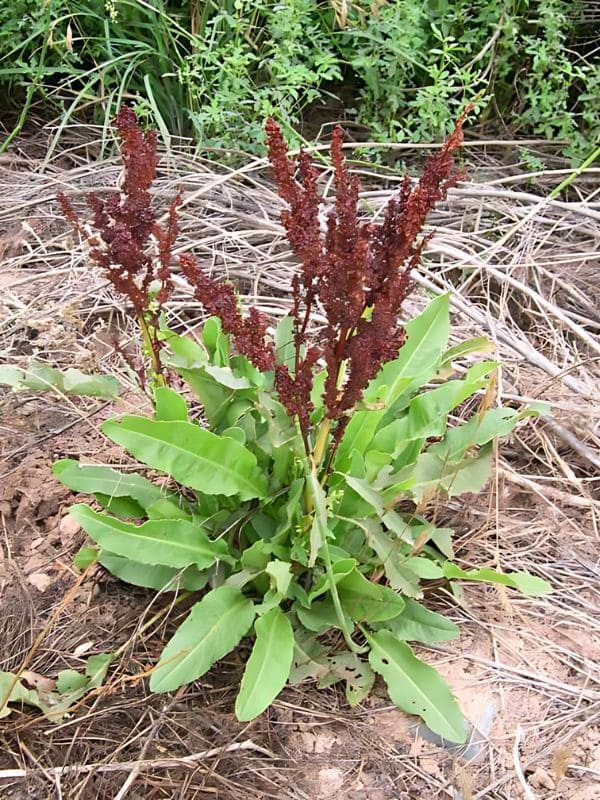
Docks are powerhouses of nutrition, packed with vitamins A and C, as well as minerals like iron, calcium, and potassium. Traditionally, dock has been used to treat iron deficiency because of its high iron content.
In addition, including dock in your diet not only adds a unique tangy flavor but also contributes to maintaining good health, supporting bone strength, and boosting your immune system.
#2. Natural Digestive Aid
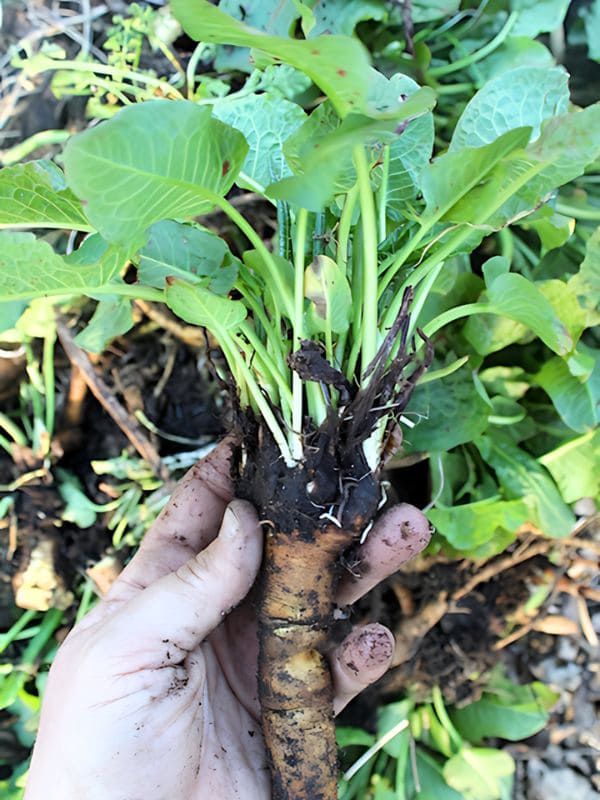
Docks have a long history of being used as a natural remedy for digestive problems. With their mild laxative effect, dock leaves and roots can help stimulate digestion and alleviate constipation.
The plant contains anthraquinones, compounds known to encourage bowel movements. However, as with all herbal remedies, it’s important to use dock in moderation, as excessive use can lead to stronger laxative effects than desired.
#3. Soothes Skin Irritations

One of the most practical uses of dock is its ability to soothe skin irritations. Crushing dock leaves and applying them to the skin has been a traditional remedy for treating insect stings, burns, and rashes, especially effective against the sting of nettles.
The cooling properties of dock help reduce inflammation and irritation, providing quick relief from discomfort.
#4. Improves Soil Quality
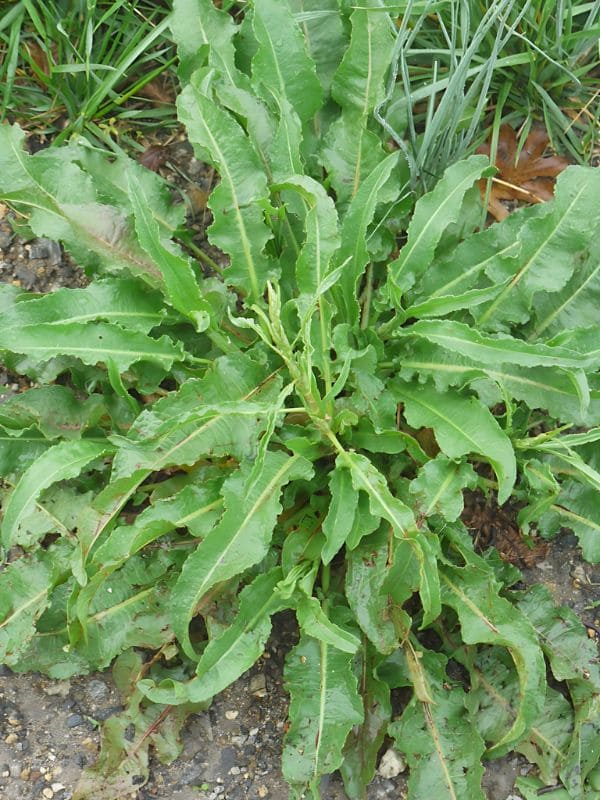
The deep taproots of dock plants penetrate the earth, drawing up nutrients from deep soil layers and making them available to plants with shallower roots.
Over time, this natural process helps to improve soil structure and fertility. As the dock roots decay, they add organic matter to the soil, promoting better water retention and aeration.
#5. Attracts Pollinators
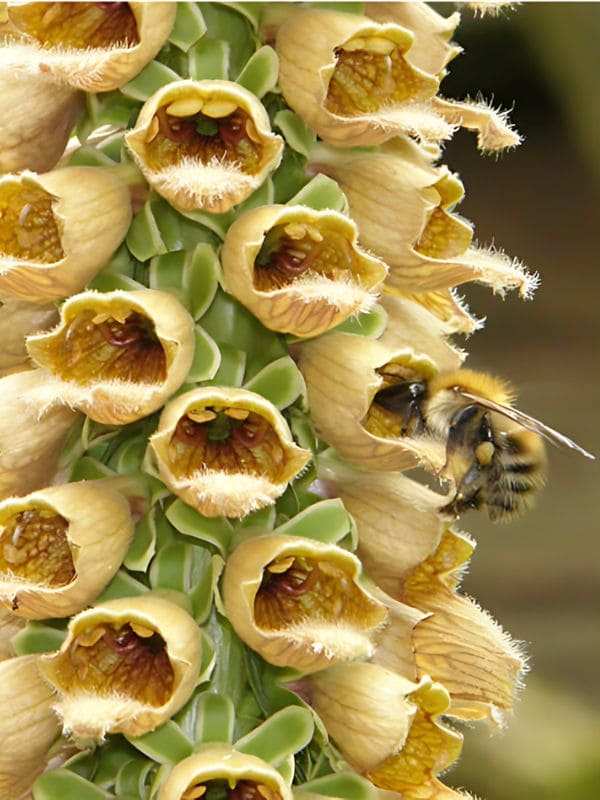
The humble dock plant plays an important role in attracting pollinators like bees, butterflies, and other beneficial insects to your garden. Its small, clustered flowers might seem inconspicuous, but they are an important food source for pollinators, especially when other flowers are scarce.
#6. Livestock Fodder
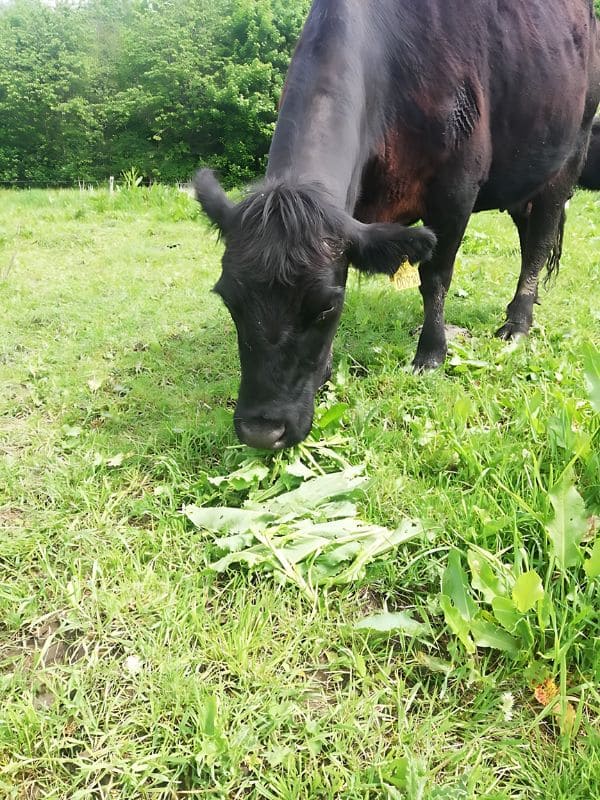
Docks can also serve as an excellent fodder for livestock. While not commonly thought of as animal feed, dock leaves provide a nutritious supplement to a variety of farm animals, including chickens, goats, and sheep.
Moreover, the leaves can be mixed into regular feed or foraged by grazing animals. Their high moisture content makes them a good option during dry seasons when fresh green fodder is limited.
#7. Culinary Uses

Younger leaves are preferred for consumption, as they are less bitter and more tender.
You can use dock leaves in a variety of dishes, from soups and stews to salads and stir-fries. They offer a tangy, slightly sour taste, which adds an interesting twist to traditional greens.
Additionally, the roots of some species of dock can be roasted and used as a coffee substitute.
